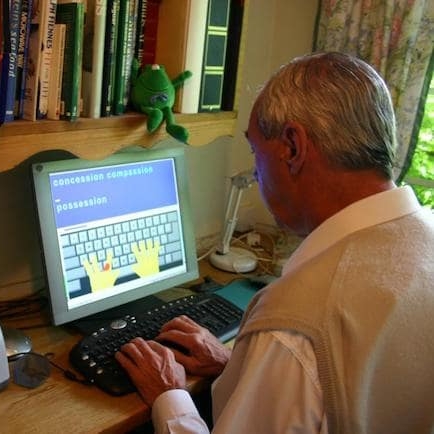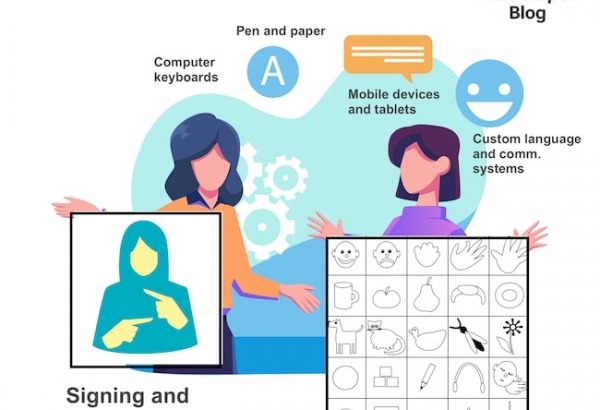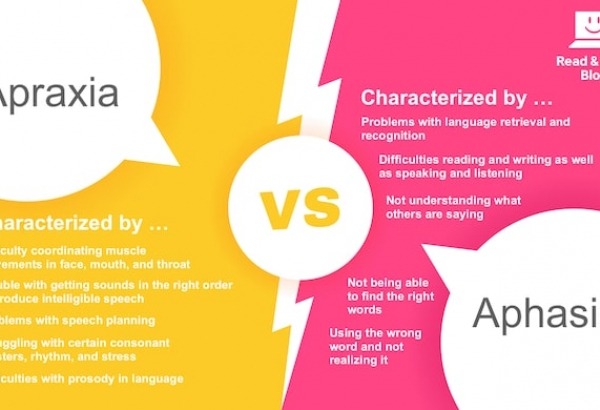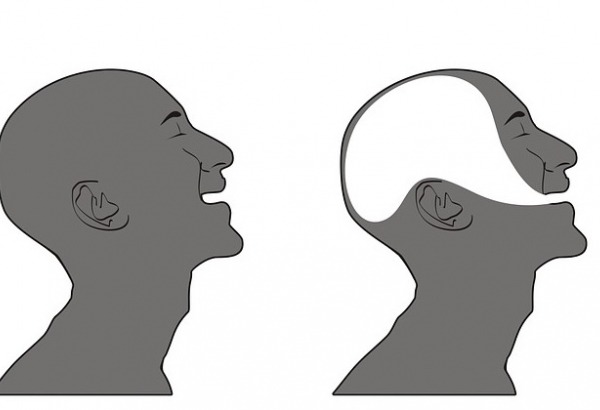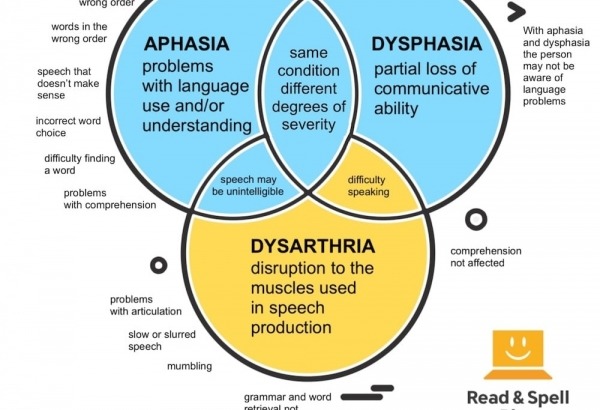Aphasia recovery time following a stroke
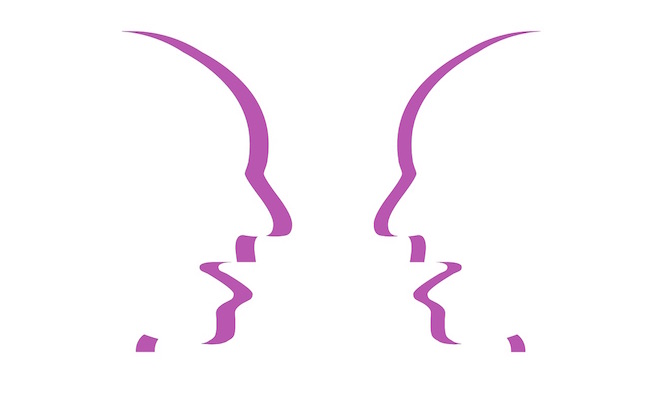
One of the most common symptoms following a stroke is a disruption to language and communicative ability. This is a condition referred to as aphasia or dysphasia. The name aphasia implies a total loss of language, as compared to dysphasia, which is partial loss.
Nonetheless, the two terms are used somewhat interchangeably with dysphasia more common in Europe and the UK. Aphasia is a result of trauma to the brain, including when brain cells are deprived of oxygen or sustain damage due to internal bleeding. It can result in difficulty finding and retrieving words, producing intelligible speech, negotiating syntax (grammar), and sometimes even understanding what other people are saying.
No two individuals with aphasia will have the same set or severity of symptoms and the condition can be affected by a number of factors, including the location and extent of the injury to the brain. Some studies have shown that half of the people who experience right side paralysis because of a stroke will also experience language difficulties. This is due to the location of language use and processing centres in the brain and may explain why the same trend is not commonly observed in left-side paralysis.
A stroke may also result in dysarthria, which is to do with articulation of speech, and can cause drooling, slurred words and difficulty catching one’s breath while speaking. Learn more about the difference between aphasia and dysarthria.
Research on aphasia
Some studies have shown that nouns may be easier for individuals with aphasia to recall. This could be due to how they are stored in the brain, in particular, the fact that nouns fall into hierarchical categories e.g. things you can eat → fruit → citrus → an orange. Verbs may also be more difficult because they can take varying forms depending on their context of use. They are also more difficult to capture in an image so may be less amenable to flashcard study during recovery.
In some cases of aphasia, chunks of language come out in fluent speech even when an individual is unable to produce the individual words they contain. It’s also been observed that certain people with aphasia can sing words despite being unable to produce speech.
Read more about aphasia.

A timeline for recovery
It is not always possible to know exactly how long the recovery process will take and how much language and communicative ability can be restored. What’s commonly observed is that the greatest improvements occur in the first six weeks following a stroke. This is because areas of the brain that experienced temporary swelling begin to repair themselves. Recovery may then proceed in smaller bursts, interspersed by periods of little to no change, and it can slow down considerably after six months.
Nonetheless, there are cases in which people with aphasia have regained language ability up to two or more years following a stroke. Much depends on the initial damage sustained by the brain and the support provided to the person recovering from aphasia, including having access to regular language and speech therapy and sticking to a program of rehabilitation activities that can be worked on at home.
Setting reasonable goals
Aphasia often requires people to start small and tackle communicative priorities one at a time.
Communicating about basic needs.
If the aphasia has taken away all speech, the first goal should be establishing a system of communication with carers concerning basic needs. It may be as simple as learning to say words like yes, no and okay which can help someone struggling with aphasia cover a lot of communicative ground. If even these words are a struggle, gestures and hand signs, or even just a nod in response to a yes or no question will do.
Expressing wants and desires.
Being able to express wants takes communication a step further and can empower an individual who is in recovery and may have experienced feelings of helplessness and/or frustration as a result of a stroke.
Talking about feelings and emotions.
A stroke can cause people to feel isolated, alone and depressed. This is even worse when aphasia prevents stroke survivors from talking about their feelings. Connecting and sharing with others can bring great relief and thus finding ways to do this should be a priority. Joining a group of other stroke survivors who meet regularly may be a start. If speech is difficult, symbols can help with expressing feelings. Animal therapy is another way in which people who enjoy spending time with pets can communicate without words.
Recovering day-to-day speech.
Some people find they are able to return to their homes and resume a modified version of their routine after a mild stroke. However, they may still struggle with aphasia and periodically experience language gaps, which can make running errands, paying bills and going to work more complicated. This is especially the case if there is any embarrassment associated with the aphasia. Making a list of the words needed for daily activities and keeping it handy so it can readily be consulted is one workaround. It’s also possible to use mnemonic devices to relearn words. In any case, let people at work know you are in recovery from a stroke so they can be more patient if communication difficulties arise.
Getting started after a stroke
Many people with aphasia visit a speech and language therapist following a stroke. Regular sessions are crucial to help individuals regain speaking abilities and learn coping strategies. Speech therapy targets redevelopment of the muscles of the face, mouth, and throat to improve articulation and render speech more intelligible.
This is particularly useful when garbled speech and slurred words make it difficult for a person who has had a stroke to be understood by others. Language recall activities are designed to target parts of the brain that are no longer connected. In re-establishing connections between neurons, an individual can both regain what was lost during the stroke and learn new words to replace language that cannot be recovered.
What you can do at home
In addition to visiting a therapist to address aphasia, it’s a great idea to work through a recovery program at home. Not only will it stimulate your brain but it can also help you stay positive and avoid depression.
-
Use multi-sensory flashcards to practice word recall. Smartphones and tablets offer plenty of apps that bring together images, audio and text to create dynamic flashcards that will help you practice words. The more often you see a word and have to produce it, the easier it will be for your brain to re-establish and strengthen that connection. If you’re not a fan of technology, enlist a friend to help you make your own paper flashcards. It’s particularly useful for people with aphasia to create sets of flashcards for words that they need to use on a regular basis.

-
Download some English language podcasts. There are plenty of audio lessons and podcasts produced for non-native speakers of English who want to expand their vocabulary. They may not say aphasia in the description but there is no reason why you can’t make use of them to help fill any language gaps resulting from a stroke. Quite often you don’t realize you’ve lost a word until you go to use it and it’s not there! Technology can also offer helpful pronunciation drills for individuals struggling with aphasia and dysarthria.
-
Turn on the subtitles and closed captioning when you watch TV. If a stroke has caused any physical handicaps and you are less able to get out and about than before, increase the amount of regular exposure you get to a wide range of vocabulary by watching television. A great approach for people with aphasia is to watch with the subtitles turned on so you are both hearing and seeing English words at the same time. Even if you don’t make a conscious effort to read them, your brain is still receptive to the written forms and will be processing them.
-
Enroll in an online typing course. A touch-typing course is a great way for people with aphasia to strengthen their vocabulary and practice the English words they find problematic. You will hear a word, type it and see it on the screen – and for added practice individuals who have had a stroke should also say the word out loud. This reinforces it in memory as it is encoded via multiple sensory channels. Knowing how to touch type is also useful for some people when dysarthria disrupts speaking ability and you need to send long written messages via email.
Touch-type Read and Spell is designed specifically to help individuals struggling with language difficulties because it takes a whole word and phonics based approach to keyboarding. There’s even a one-handed version of the course for anyone who has experienced partial paralysis as a result of a stroke.
More ideas on home-based recovery activities
Coping strategies
It may not be possible for people with aphasia to fully regain what was lost because of a stroke, but that’s no reason to give up hope. Sometimes you just need to be more creative when it comes to communication.
Try these coping strategies for starters:
- Repeat yourself. If someone can’t understand you, keep saying the word until they do. You don’t need to have perfect pronunciation, it’s just important that you are intelligible.
- Carry an alphabet chart. When you are struggling to find a word, try pointing to the letter it begins with.
- Keep a pad of paper handy. People with aphasia may not be able to think of a word but they might be able to draw it.
- Use a smartphone/tablet. If you can’t get something across through speaking, try typing it out. You can also photograph common objects and call up a picture from your device’s library.
- Make use of associations. When you are missing a word you might be able to draw a comparison to a similar object in order to prompt the person you’re speaking with to say the word for you.
- Offer a description. Explain what something looks or feels like, when it is commonly used or any other detail that will help your communication partner come up with the word.
- Know when to give up. Sometimes you just won’t be able to find the word you need. Don’t let it bother you. Think of another word to say or change the topic and talk about something else. Stroke recovery can be frustrating when you have aphasia, but you can limit how badly it affects you by staying flexible.
Factors that can influence success
A stroke is often accompanied by physical paralysis that can prevent individuals from participating in activities they used to enjoy. This can result in people becoming more isolated and experiencing depression, two of the worst things for aphasia recovery.
People with aphasia need stimulating environments that force them to interact with others and engage different areas of the brain. Encountering language in context is far more powerful than just running through drills in a weekly therapy session, so join a local recovery group or enlist a carer to help you get out and about.
It’s also good to make regular trips as it helps with motivation and relieves anxiety, which can further limit communication skills.
Did you find this post helpful? Continue reading in communication after a stroke and 7 activities for stroke recovery.
For stroke recovery
TTRS is a program that can support individuals who have had a stroke in recovering communicative ability.
Chris Freeman
TTRS has a solution for you
An award-winning, multi-sensory course that teaches typing, reading and spelling
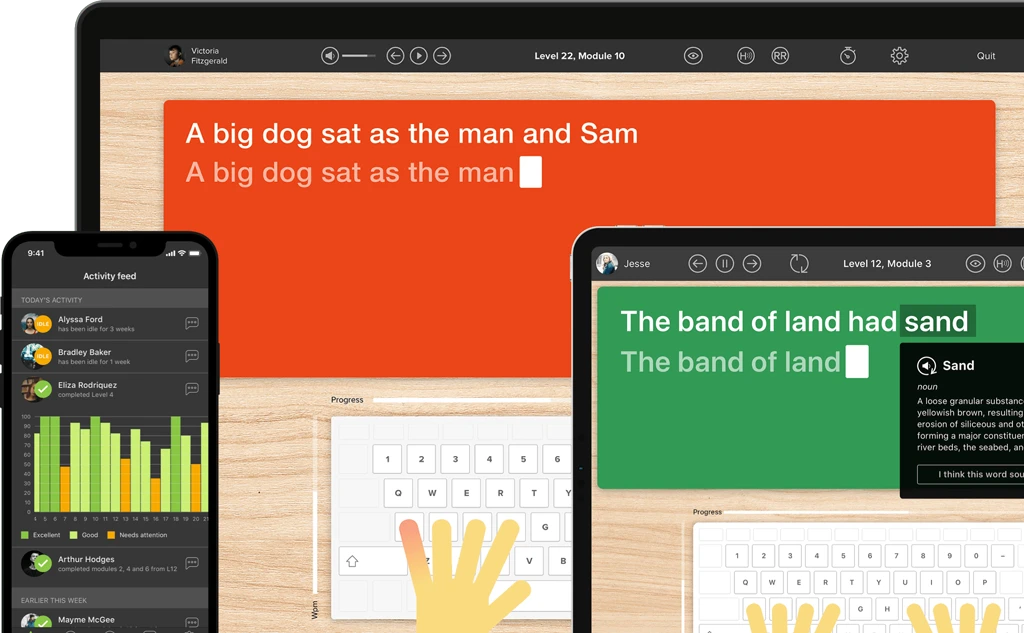
How does TTRS work?
Developed in line with language and education research
Teaches typing using a multi-sensory approach
The course is modular in design and easy to navigate
Includes school and personal interest subjects
Positive feedback and positive reinforcement
Reporting features help you monitor usage and progress


